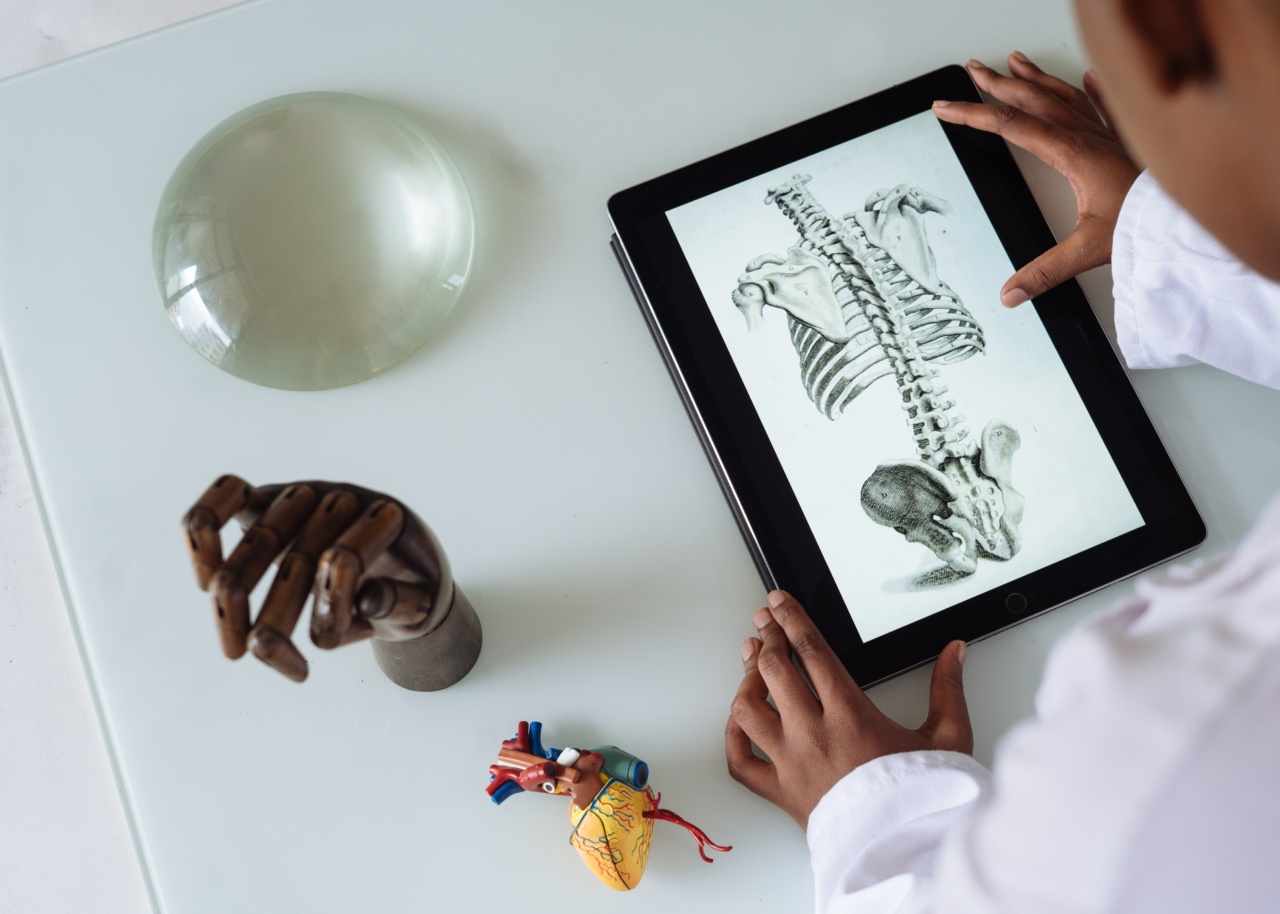Breakups are tough, and it can be challenging to move on after experiencing the end of a meaningful relationship. However, science can offer valuable insights and techniques to help navigate the difficult path of healing and recovering from a breakup.
In this article, we will explore various scientific principles and strategies that can assist individuals in moving on and finding happiness once again.
The Science of a Broken Heart
When we go through a breakup, we often experience a wide range of emotions, including pain, sadness, and even physical discomfort.
This phenomenon is commonly referred to as “broken heart syndrome” or “emotional pain.” Researchers have discovered that the brain processes emotional and physical pain in similar ways, activating the same regions responsible for processing distress and discomfort.
Furthermore, studies have shown that the brain releases stress hormones, such as cortisol, during a breakup. This hormonal response can lead to physical symptoms like loss of appetite, difficulty sleeping, and decreased immune function.
Understanding these physiological processes can help individuals make sense of their emotions and provide validation for their experiences.
Understanding Grief
Grief is a natural response to loss, and experiencing a breakup brings about a grieving process similar to mourning a loved one’s death.
Psychiatrist Elisabeth Kübler-Ross outlined the five stages of grief: denial, anger, bargaining, depression, and acceptance. While grief is a highly individual experience, understanding these stages can offer insight and provide a framework for processing emotions after a breakup.
Research suggests that actively working through these stages rather than suppressing or avoiding them leads to better emotional healing.
It is essential to give oneself permission to grieve fully and embrace the rollercoaster of emotions that come with it.
Self-Care and Healing
After a breakup, focusing on self-care becomes crucial for healing and moving forward. Engaging in activities that promote emotional well-being can aid in the recovery process. Some scientifically proven self-care practices include:.
1. Exercise
Engaging in regular physical exercise has numerous benefits for mental health. Exercise releases endorphins, known as “feel-good” hormones, which help alleviate symptoms of depression and anxiety.
It also provides a healthy distraction, boosts self-confidence, and improves sleep quality, all of which are vital for recovery.
2. Practicing Mindfulness and Meditation
Mindfulness and meditation have been extensively researched and proven to reduce stress and improve emotional well-being.
By focusing on the present moment and cultivating non-judgmental awareness, individuals can develop resilience and find peace amidst the chaos of heartbreak.
3. Building a Support System
Seeking support from friends, family, or even support groups can alleviate feelings of isolation and loneliness. Connecting with others who have experienced similar situations can provide validation, guidance, and a sense of belonging.
It is essential to surround oneself with people who foster positive energy and offer genuine support.
The Role of Social Media
In today’s digital age, social media platforms play a significant role in our lives, including how we navigate breakups. While going through a breakup, it is crucial to be mindful of the impact social media can have on emotional well-being.
Research has shown that excessive use of social media platforms, particularly following a breakup, can lead to feelings of jealousy, depression, and low self-esteem.
Constant exposure to updates about an ex-partner’s life can hinder the healing process and perpetuate negative emotions.
Social media detoxification or limiting exposure to triggers can be beneficial for emotional healing. Redirecting focus towards personal growth and nurturing real-life connections can aid in moving on after a breakup.
The Power of Time and Resilience
Healing from a breakup takes time, and it is essential to remember that everyone’s journey is unique. While it may seem difficult in the early stages, research consistently shows that humans possess immense resilience.
Psychologists emphasize the importance of discussing and reframing one’s narrative about the breakup.
By recognizing personal growth, learning opportunities, and newfound strengths, individuals can reframe their experience and discover a more positive outlook on the future.
Moreover, research suggests that engaging in novel experiences and setting achievable goals contributes to post-breakup growth.
By stepping out of one’s comfort zone and exploring new passions or interests, individuals can develop resilience and reclaim their sense of self.
Seeking Professional Help
While self-care practices can undoubtedly aid in the healing process, it is essential to recognize when professional help may be beneficial.
Therapists and counselors can provide valuable guidance and support during challenging times, offering tools to accelerate healing and promote self-discovery.
Seeking professional help is particularly crucial if the emotional distress and negative impacts on daily life persist for an extended period or begin to escalate.
Mental health professionals can help individuals navigate the complexities of breakups and provide tailored strategies for moving forward.
Closure and Finding Happiness Again
When a relationship ends without closure, individuals often find it challenging to move on. The concept of closure varies from person to person, but research suggests that creating one’s closure can support the healing process.
Writing a letter to an ex-partner (without the intention of sending it) can be a cathartic exercise for achieving closure.
Expressing emotions, reflecting on the relationship, and acknowledging personal growth can contribute to a sense of closure and reinforce the decision to move forward.
In addition to closure, focusing on personal happiness is vital after a breakup. Engaging in activities that spark joy, setting realistic goals, and practicing gratitude are scientifically proven ways to increase happiness levels.
By prioritizing self-discovery and building a fulfilling life, individuals can thrive after a breakup.
Conclusion
While breakups are undoubtedly challenging, understanding the science behind emotional healing can provide solace and practical strategies for moving on.
By acknowledging the pain of a broken heart, actively processing grief, engaging in self-care, and seeking support, individuals can navigate the post-breakup phase with resilience and discover happiness once again. Remembering that time, self-reflection, and professional help when needed are key ingredients for healing and growth.






























